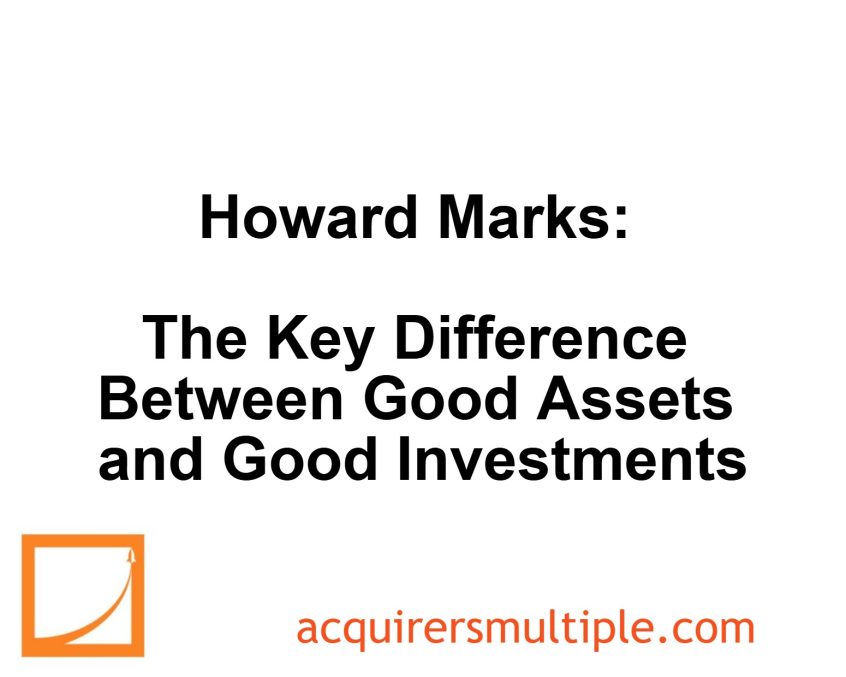During his recent interview with Barron’s, Howard Marks reflects on his early days in finance, noting that banks in the 1970s invested in the “Nifty Fifty” — America’s top-growing companies, seen as infallible regardless of price.
Despite the companies’ quality, investors who held these stocks for five years lost over 90% of their money because they overpaid. Marks emphasizes that while asset quality matters more over longer horizons, price remains critical.
He warns that a great asset doesn’t automatically make a great investment; to succeed, investors must prioritize price. The key, Marks concludes, is buying not just good companies but buying them at the right price.
Here’s an excerpt from the interview:
Marks: Look, I started working in this business 55 years ago last month, at a bank. And the banks invested in what were called the “Nifty Fifty,” the stocks of the 50 best and fastest-growing companies in America.
Companies that were so great there was no price too high—nothing could ever go wrong. And if you bought those stocks the day I got there and held them tenaciously for five years, you lost over 90% of your money. Why? Because they were too expensive.
It’s not what you buy; it’s what you pay that determines a good investment. Now, the longer your time horizon, the quality of the thing you buy matters more and the price you paid matters a bit less.
But still people have to understand that a good asset is not synonymous with a good investment. To make a good investment, you have to be price-conscious.
So that’s really what it comes down to. It’s not a matter of buying good things but buying things well. And you have to understanding that difference, and it’s more than grammatical.
You can watch the entire interview here:
For all the latest news and podcasts, join our free newsletter here.
Don’t forget to check out our FREE Large Cap 1000 – Stock Screener, here at The Acquirer’s Multiple:



